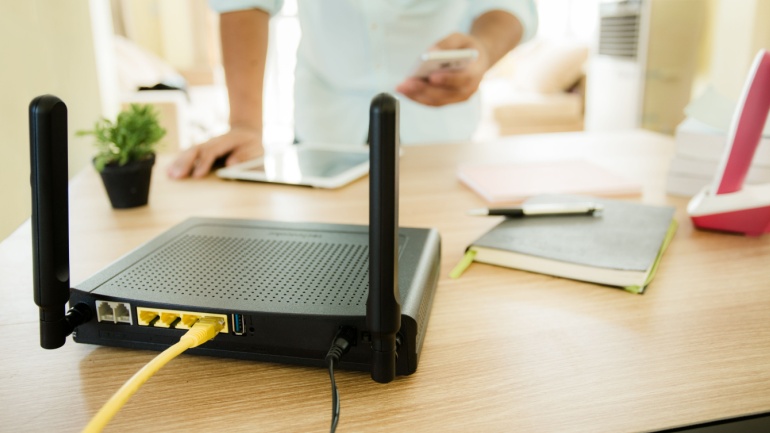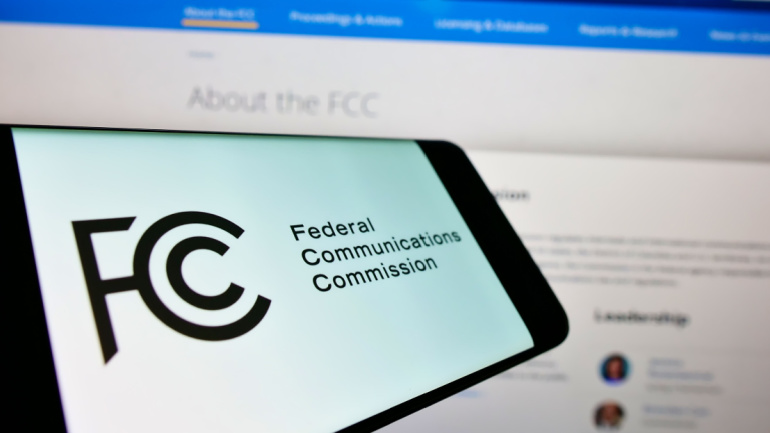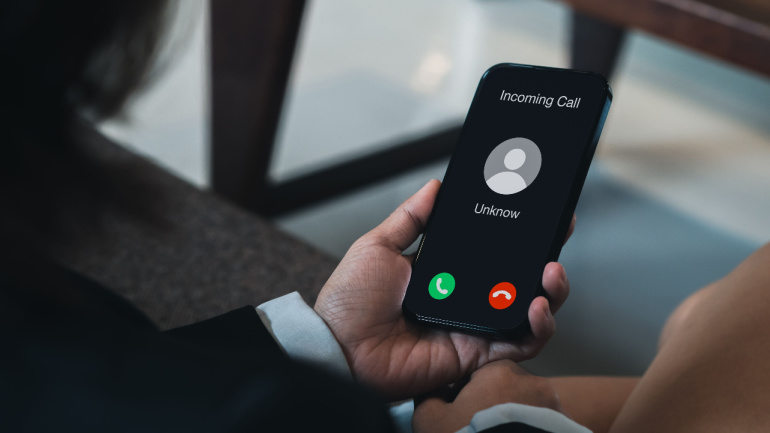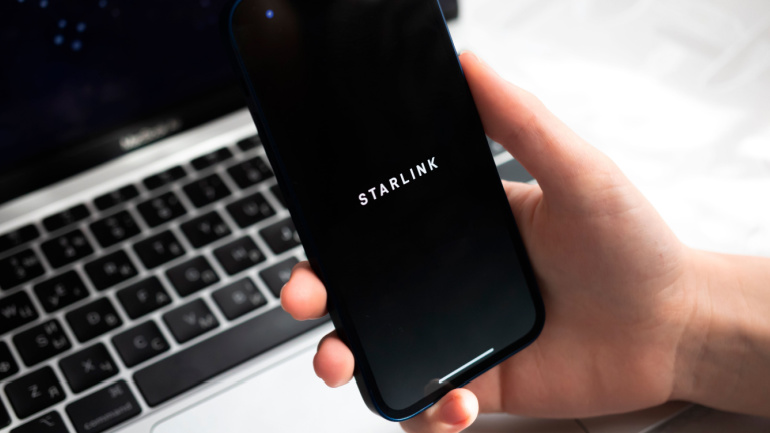The US Federal Communications Commission (FCC) is gearing up for a pivotal vote on April 25 to reinstate net neutrality, a move that has stirred controversy, particularly among Republican commissioners.
SpaceX has hit a roadblock in its ambitious plan to connect consumer devices directly to its next-generation Starlink satellites, as the FCC rejected its request to utilize the 1.6 GHz, 2 GHz, and 2.4 GHz bands. The regulatory agency has halted SpaceX’s bid citing their current policy on limiting new entrants to these bands.
The Federal Communications Commission (FCC) has breathed new life into a stalled initiative aimed at extending 5G network coverage to America’s rural areas. The rejuvenated program, named the 5G Fund for Rural America, seeks to allocate $9 billion over the next decade to bring 5G connectivity to 14 million homes and businesses in regions currently overlooked by operators due to financial impracticalities.
The lapse of the Federal Communications Commission’s (FCC) authority to auction spectrum has reached a one-year milestone, casting a shadow over the United States’ telecommunications landscape and its position on the global stage. This standstill not only reflects the pervasive partisanship and dysfunction within the US government but also threatens the country’s innovative edge and economic competitiveness.
The FCC has recently approved rule changes aimed at streamlining access to the 70 GHz, 80 GHz, and 90 GHz spectrum bands, immensely benefiting airborne and waterborne vehicles and promoting more innovative broadband service options. These updates will also impact the way backhaul service for 5G operates, enabling smaller, lower-cost antennas to be utilized, and ensuring a more efficient use of the spectrum through modifying the link registration process.
The Affordable Connectivity Program (ACP), established to provide subsidized internet service to millions of US households, faces an uncertain future due to budget constraints. It’s a dilemma that could potentially disconnect current beneficiaries and limit future enrollments. However, support from influential leaders and a requested funding boost could create hope for the program’s extension.
In an unyielding effort to combat the surge of illegal robocalls and fraudulent activities, the Federal Communications Commission (FCC) has issued stern advisories to seven gateway providers identified as potential collaborators in transmitting illicit traffic on behalf of overseas entities. This poses a significant risk to the integrity and security of U.S. phone networks.
SpaceX’s Starlink project faced a setback this week as the Federal Communications Commission (FCC) voted 3-2 to maintain its decision to deny funding from the Rural Digital Opportunity Fund (RDOF). The initial award in late 2020 aimed to extend broadband coverage to nearly 643,000 premises in 35 states.
In a significant move applauded by consumer advocacy groups, the Federal Communications Commission (FCC) has voted decisively to reinforce regulations on telemarketing calls. Advocates from the National Consumer Law Center, Public Knowledge, and the Electronic Privacy Information Center (EPIC) commend the FCC for taking a stand against the misuse of consumer consent by lead generators.
The FCC recently reiterated its denial of Starlink’s bid to gain nearly $900M in support from the Rural Digital Opportunity Fund program. Despite Starlink’s impressive technology, FCC Chairwoman Jessica Rosenworcel questioned the wisdom in subsidizing the still evolving tech until 2032. Starlink had initially received the lofty sum in a 2020 auction but was later deemed inadequate in verifying its capabilities.













